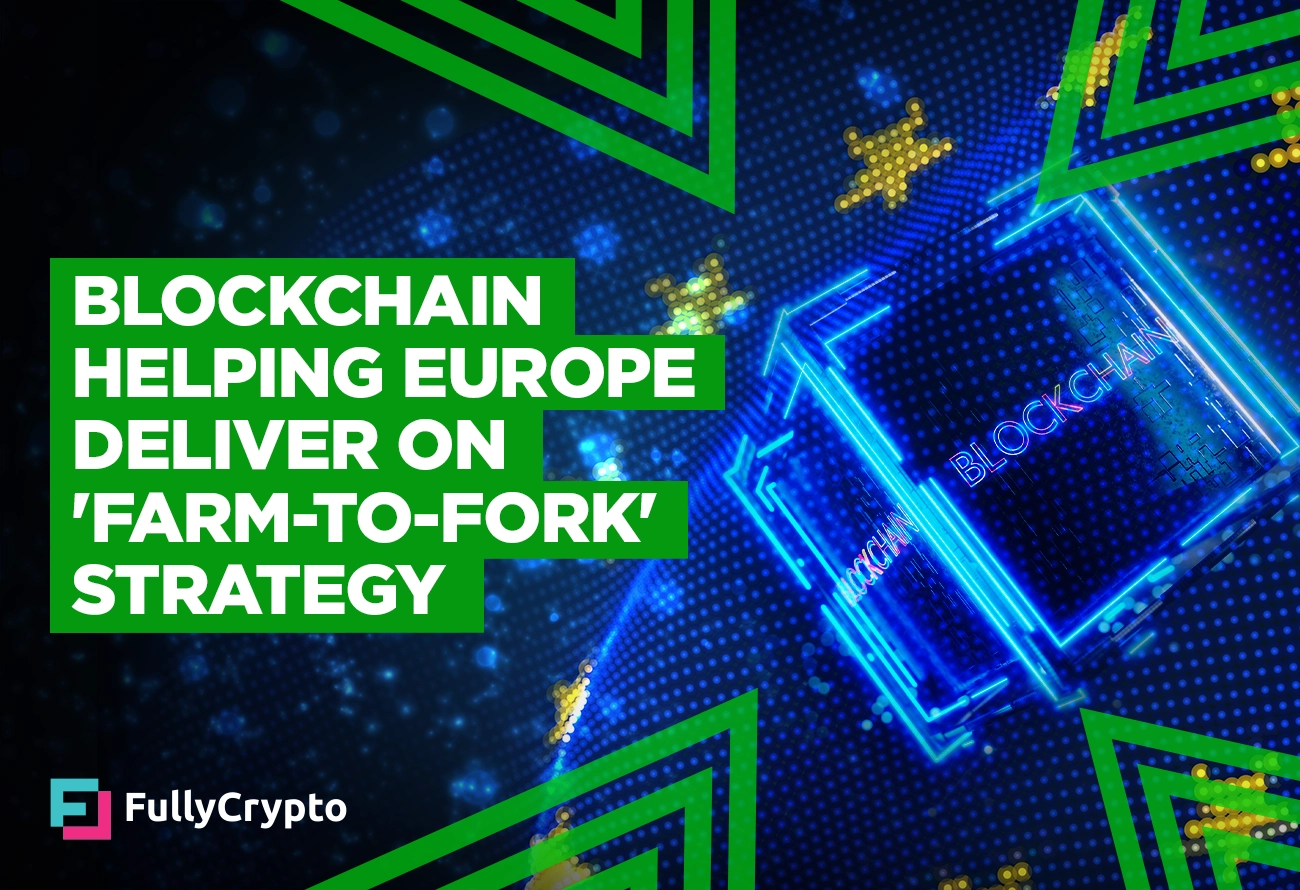Blockchain Helping Europe Deliver on ‘Farm-To-Fork’ Strategy
By Mark Hunter
5 hours agoMon May 19 2025 13:04:11

Reading Time: 2 minutes
- The European Union has embraced blockchain technology to enhance food traceability and transparency
- Pilot projects across member states have demonstrated improved consumer trust and reduced food fraud
- Farmers and producers have adopted digital ledgers to document every step of the supply chain
Blockchain technology has emerged as a key component of the European Union’s ambitious ‘Farm-to-Fork’ strategy, which aims to make food traceability commonplace throughout the bloc. By using decentralised ledgers, stakeholders from farmhands to supermarket managers have been able to trace food products more accurately, ensuring origin, sustainability, and safety claims hold up under scrutiny. These innovations aim to bridge the trust gap between consumers and the agri-food industry and support the EU’s wider sustainability goals.
Blockchain on the Farm
The EU’s ‘Farm-to-Fork’ strategy is one of its core green ambitions, with its aim being to make food systems fair, healthy, and environmentally friendly. Blockchain is becoming a key tool in realising this vision, with projects such as TRACED and agriBlockIoT piloted across Europe to track everything from beef provenance in France to organic produce in Italy. These systems enable a transparent, immutable record of every stage in the food lifecycle—planting, harvesting, transport, processing, and sale.
The use of blockchain adds a layer of credibility to the information consumers receive about their food, meaning they no longer have to trust the producer; they can verify it themselves. For instance, a shopper scanning a QR code on a block of cheese can see the cow’s feed record, the farm’s sustainability credentials, and the supply chain timeline in seconds.
Reducing Fraud and Boosting Efficiency
Food fraud has long been a concern in Europe, from mislabelled fish to counterfeit olive oil. Such activities are damaging enough, but with production costs eating away at profit margins, producers are feeling the pinch more than ever. Blockchain-based verification has helped reduce these risks by making it harder to tamper with records, and in some countries, regulators are already integrating blockchain checks into customs procedures for agricultural goods.
The technology is also proving beneficial for small farmers, where digital supply chains streamline compliance reporting and can improve access to export markets. According to early data from pilot schemes, producers using blockchain have seen a drop in administrative overheads and faster payment cycles.
As the EU tightens sustainability and safety standards, blockchain could become a fixture in European agriculture, making it the first widespread use of the technology. While scalability and digital literacy remain challenges, policymakers believe the benefits outweigh the hurdles, meaning that our supermarket shelves could look a little different in a few years’ time.



